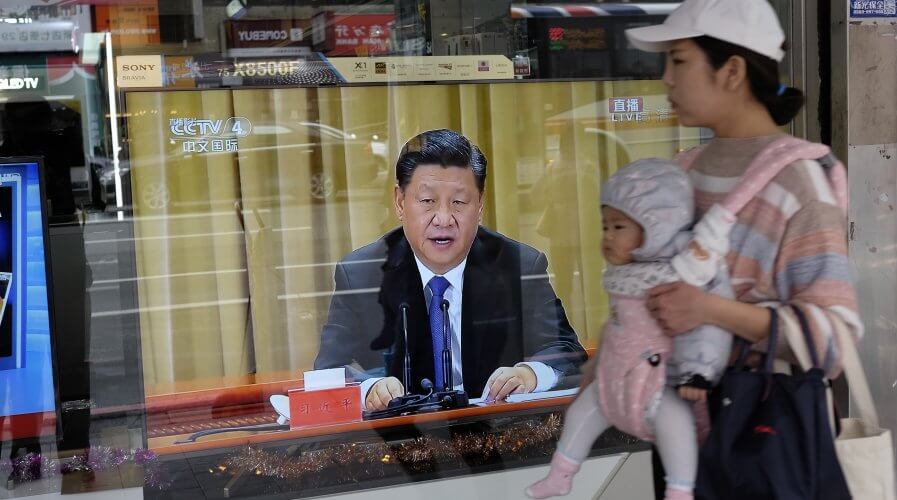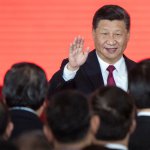
Chinese government’s use of AI in surveillance of its citizen has drawn criticism from billionaire philanthropist, George Soros. Source: Sam Yeh/ AFP
Why is Soros alarmed by China’s AI dominance?
CHINA’s ambition to overtake the US as an industry leader in artificial intelligence (AI) is no secret, and in recent times, the country has channeled a lot of grants and formulated several policies to help achieve that goal.
The strategy seems to be yielding results, as some of the biggest tech companies and highly valued start-ups are sprouting from the Zhejiang province in China, instead of Silicon Valley.
Almost every day, there tends to be a new report announcing the latest breakthroughs and new applications in AI, rapidly transforming industries, and helping Chinese tech companies gain recognition outside the country.
However, China’s dominance and deployment of AI technologies concern some global leaders.
Billionaire philanthropist George Soros, for example, recently warned the world of the “mortal danger” of China’s use of AI (to control its people).
Calling China’s President Xi Jinping the most dangerous adversary to democracy, Soros told the participants of the World Economic Forum in Davos, Switzerland that AI-powered tools give totalitarian regimes a significant advantage over free societies.
“China is not the only authoritarian regime in the world, but it’s undoubtedly the wealthiest, strongest and most developed in machine learning and artificial intelligence,” he was quoted as saying.
Soros alleged that China is in the midst of developing a centralized database with AI analytics algorithm to figure out if an individual is a threat to the single-party government in the country.
The recently announced social credit system is yet to be executed completely in the country, but Soros feels that the eventual implementation will subordinate the will of private citizens to the interest of the ruling political party.
“I find the social credit system frightening and abhorrent,” he lamented.
Meanwhile, the Chinese Foreign Ministry spokesperson Hua Chunying reportedly said that Soros’ comments are not even worth refuting.
As a press briefing in Beijing, Hua said, “We hope relevant individuals can take a correct attitude and take a long-term perspective to view China’s development rationally and objectively.”
In the same conference last year, Soros targeted US tech giants Facebook and Google in his speech, saying that the companies seek to exploit user data that they control. This year, he reiterated his call for stricter regulations of tech companies.
“That’s what has enabled some Chinese state-owned companies to catch up with and even surpass the multinational giants,” Soros said.
The statement is unlikely to faze China, as its President Xi looks to “deeply integrate” AI with the country’s economic and social developments.
Since rolling out its strategic roadmap titled “New Generation AI Development Plan”, China has been firing on all cylinders in a bid to leapfrog the US as the global leader in technology.
While it is unclear how China’s AI-powered social credit systems will impact democracy and businesses, the country is on course to overtake the US in AI-technology, and they might do it ahead of their intended schedule.
READ MORE
- The criticality of endpoint management in cybersecurity and operations
- Ethical AI: The renewed importance of safeguarding data and customer privacy in Generative AI applications
- How Japan balances AI-driven opportunities with cybersecurity needs
- Deploying SASE: Benchmarking your approach
- Insurance everywhere all at once: the digital transformation of the APAC insurance industry






